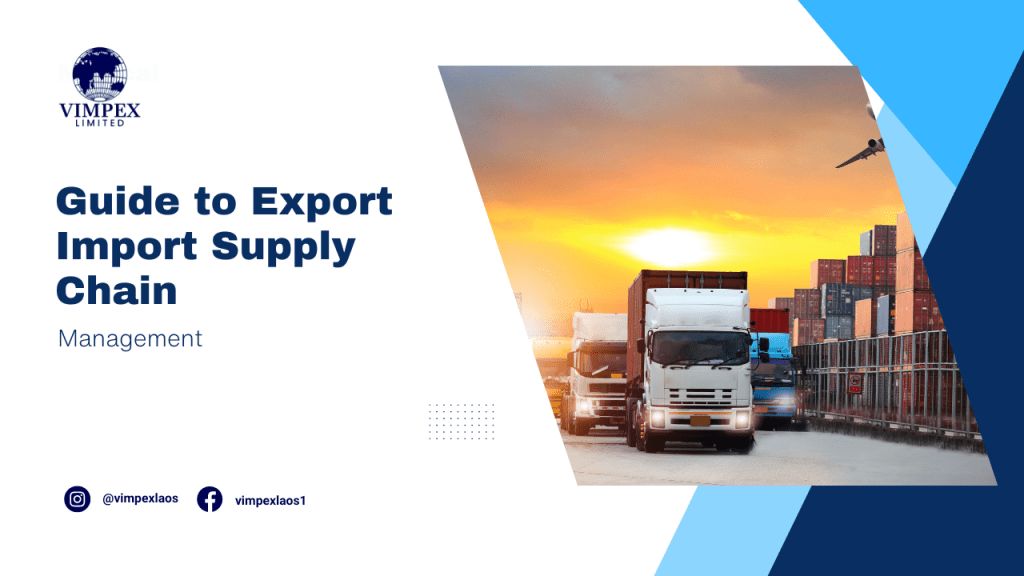Explore the complex realm of supply chain management for imports and exports with our detailed guide. A comprehensive guide to import-export supply chain management, covering everything from the basics to more advanced topics, this resource is perfect for those just starting out in the field.
Businesses wishing to grow internationally must master the complexities of import-export supply chain management to compete in today’s linked global marketplace. With any luck, this primer will serve as a thorough introduction to the field’s guiding principles and best practices.
Coordinating the sourcing, production, shipping, and distribution of goods across international borders is the goal of import-export supply chain management. Companies may improve their operations, cut costs, and increase their worldwide competitiveness by learning the fundamentals of the import/export supply chain.
Thorough preparation, streamlined logistics, and open lines of communication are the pillars of an effective export-import supply chain management system. Businesses can enhance efficiency and reduce hazards in international trade by adopting tactics like Just-In-Time inventory management and technology solutions like supply chain management software.
Conclusion
Any company serious about taking advantage of emerging markets and achieving long-term success must have a firm grasp of import-export supply chain management. The intricacies of international trade can be confidently and precisely navigated by newcomers who adhere to the guidelines provided in this manual.
Q: What is import export supply chain management?
A: Import export supply chain management involves planning, coordinating, and optimizing the flow of goods and information from the point of origin to the final destination in international trade operations.
Q: How does export-import supply chain management benefit businesses?
A: Export-import supply chain management helps businesses streamline operations, reduce costs, improve efficiency, and enhance overall competitiveness in the global marketplace.
Q: What are the key components of import-export supply chain management?
A: The key components include sourcing, procurement, production, distribution, and logistics management to ensure a seamless flow of goods across borders.

